Two Canadians entered a gathering in rural Germany earlier this summer.
Warm waters lapping three beaches, drought, floods, and largely wildfire smoke from coast to coast and abroad.
According to scientists, this is indeed a result of climate change, and more odd weather is to be expected.
Danny Blair, co-director of the Prairie Climate Centre at the University of Winnipeg, stated, "It's been a wild ride."
"It's been a year and a season of extremes."
One illustration is drought. Canada is a large country, so somewhere will always be dry, but not in this way.
Most of the country was unusually dry, according to Agriculture Canada's drought map from June 30.
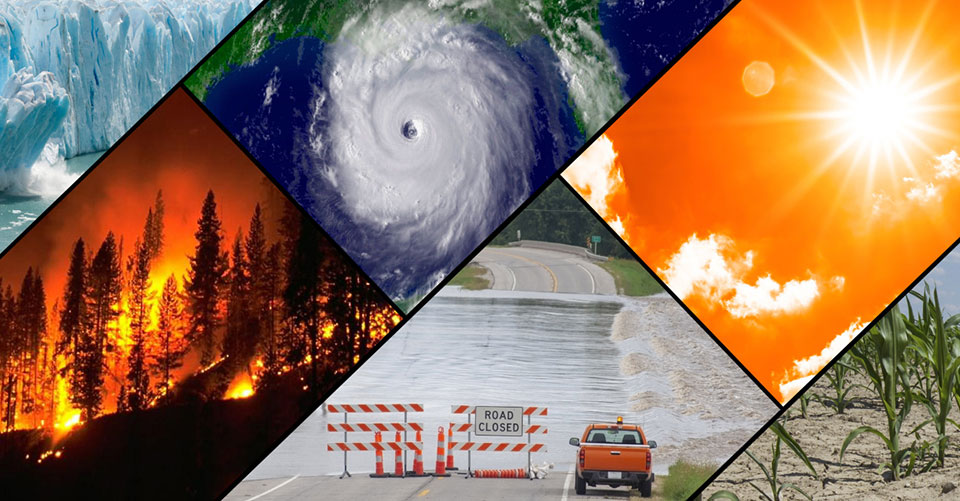
Summer 2023 is screaming climate change, scientists say
The Prairies were experiencing a widespread drought that ranged from mild in many areas to extreme in southern Alberta.
In British Columbia, formerly known as the "wet coast," 28 of the province's 34 river basins were experiencing the worst drought conditions.
Ranchers were selling cattle that they couldn't feed with enough hay, and salmon stocks were in danger due to low stream flows.
It has also been warm. The west wasn't normal, though the east was in general.
Kelowna, British Columbia, experienced 36 days with temperatures above 30 C from May through July. Normally, there are 16 C.
And on July 8, Norman Wells in the Northwest Territories broke the previous record with a temperature of 38 C.
Read more: Valley Fever Worry in Northern California Due to The Weather
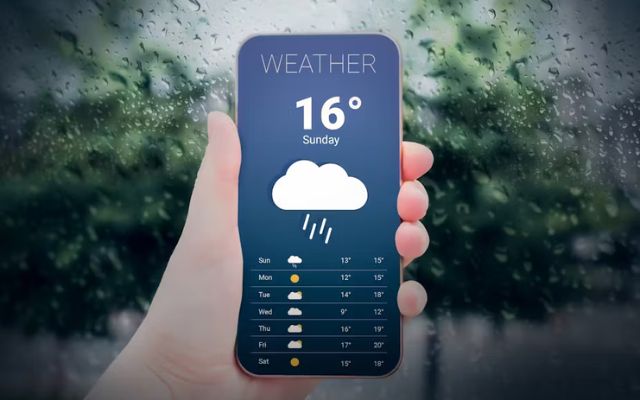
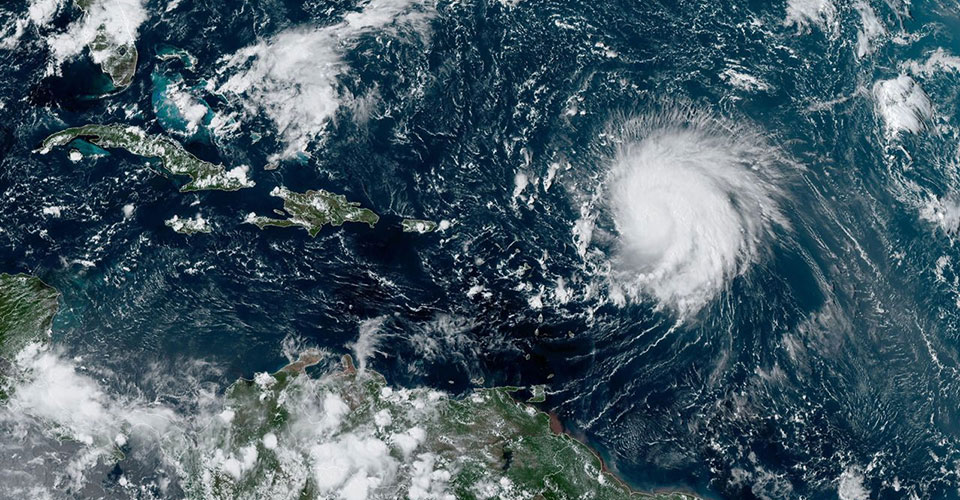
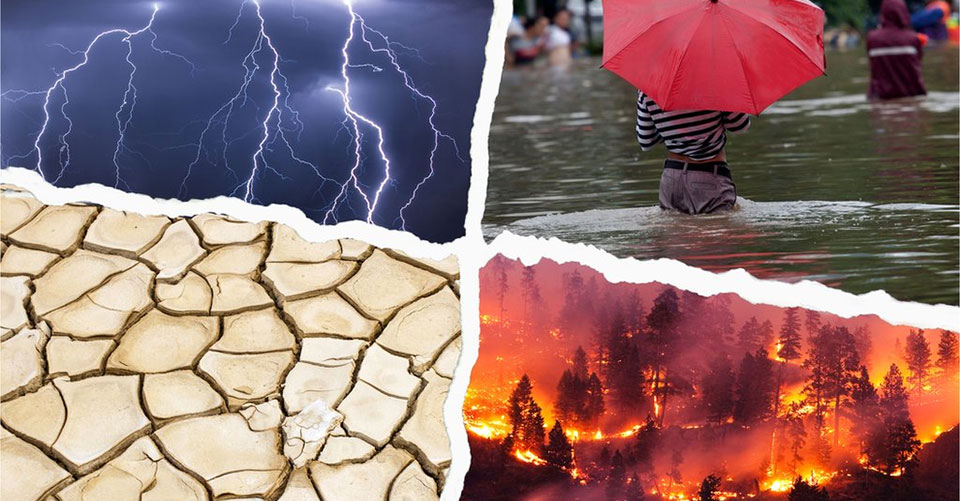






























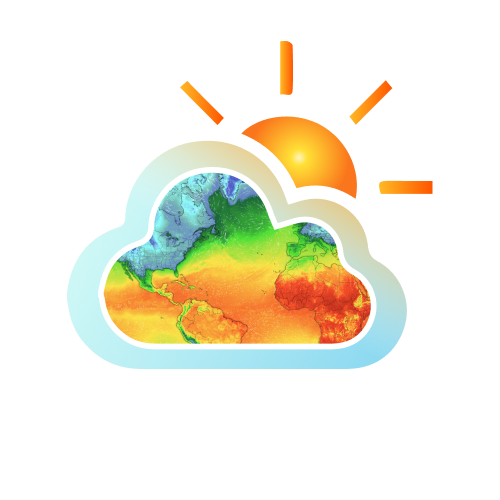
0 Comments
Leave a Comment
Your email address will not be published. Required fields are marked *